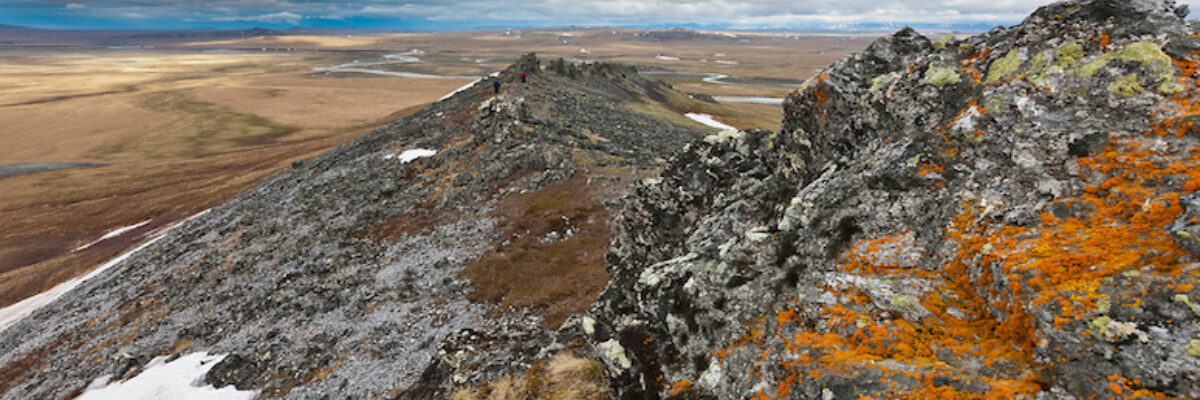
- Details
- By Native News Online Staff
The Department of the Interior today announced a new step toward strengthening U.S. energy independence by proposing expanded access to Alaska’s National Petroleum Reserve. A draft analysis released for public comment recommends adopting a new alternative from the 2020 management plan that would reopen up to 82% of the 23-million-acre reserve to oil and gas leasing and development—advancing the Trump administration’s goals of energy dominance and regulatory reform.
The proposal is part of the Bureau of Land Management’s effort to update its Integrated Activity Plan, aligning with the 2020 framework for managing the reserve. The draft environmental assessment incorporates the most current data and supports Executive Order 14153 and Secretary’s Order 3422, both of which prioritize maximizing Alaska’s energy resources to enhance national energy and economic security.
The National Petroleum Reserve was originally designated for oil and gas exploration in response to the 1970s energy crisis. The Bureau of Land Management administers the area under the Naval Petroleum Reserves Production Act, which requires a timely and competitive leasing program while protecting important surface resources.
The proposed plan also supports broader efforts to roll back restrictive regulations—such as the planned rescission of the 2024 rule limiting leasing activity—ensuring the U.S. can meet both current and future energy demands.
The public is encouraged to review and comment on the draft analysis through the BLM National NEPA Register. Comments can be submitted online using the “Participate Now” button. The comment period remains open until July 1, 2025.
More Stories Like This
Southern Sierra Miwuk Nation Gets 900-Acres ofLand BackChilkat Indian Village Tells New Palmer Mine Owners They Are “Not Welcome” in Chilkat Valley
Tribes, Coastal Group Ask Army Corps to Revoke Permit for Texas Export Terminal
Michigan Tribes Tell Supreme Court: Don’t Bail Out Enbridge
Alaskans Raise More Than $1 Million For Communities Devastated by Typhoon Halong
Help us defend tribal sovereignty.
At Native News Online, our mission is rooted in telling the stories that strengthen sovereignty and uplift Indigenous voices — not just at year’s end, but every single day.
Because of your generosity last year, we were able to keep our reporters on the ground in tribal communities, at national gatherings and in the halls of Congress — covering the issues that matter most to Indian Country: sovereignty, culture, education, health and economic opportunity.
That support sustained us through a tough year in 2025. Now, as we look to the year ahead, we need your help right now to ensure warrior journalism remains strong — reporting that defends tribal sovereignty, amplifies Native truth, and holds power accountable.
 The stakes couldn't be higher. Your support keeps Native voices heard, Native stories told and Native sovereignty defended.
The stakes couldn't be higher. Your support keeps Native voices heard, Native stories told and Native sovereignty defended.
Stand with Warrior Journalism today.
Levi Rickert (Potawatomi), Editor & Publisher


